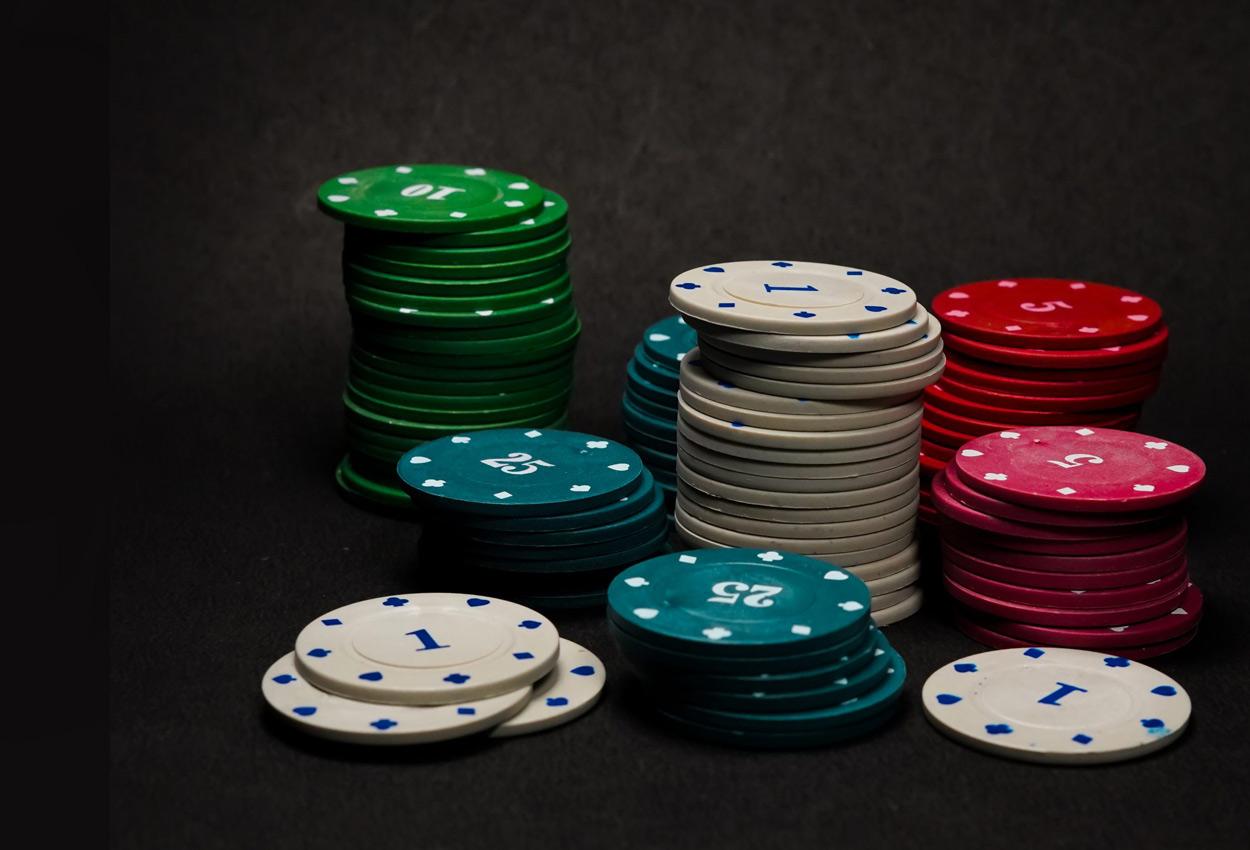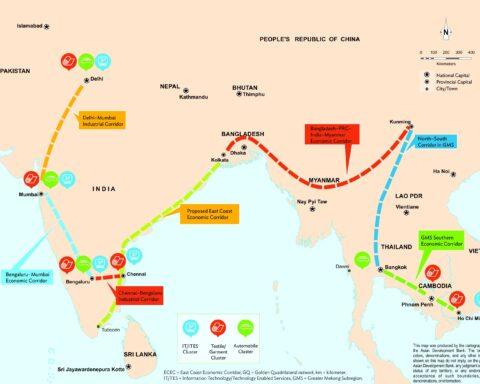On October 16, Mohan, a 21-year-old engineering student in Andhra Pradesh, allegedly died by suicide, failing to pay a debt of ₹80,000 that he had accumulated due to his online gaming addiction. Over the past year, Tamil Nadu reported 30 suicide due to debt accumulation arising from addiction to online gaming. In all the cases, the suicide were by youngsters. Taking note of the alarming situation, Tamil Nadu Chief Minister M.K. Stalin issued an ordinance in October this year, banning all forms of online gaming platforms in the state. A Google search reveals—based on news reports—that in the past three years 68 people died by suicide in India due to acute financial distress as a result of cricket betting, fantasy leagues, and online gaming losses.
Online gambling, cricket fantasy leagues, and the gaming business have been thriving in India in recent years. The Supreme Court upheld a Rajasthan High Court verdict last July which concluded that playing on fantasy league platform Dream 11 involved a game of skill, therefore it was not gambling. In March this year, Member of Parliament Thirunavukkarasar SU sought a response from the Ministry of Electronics and Information Technology (MeitY) on reports of increasing financial losses due to online gaming, leading to suicides.


























